One more passage of 'Return of the Wolf' 🐺✍:
The Basque had contacts for bomb making in both Libya and Irishmen. Long-retired veterans of the Provisional IRA. The IRA and Libya contacts had gone hand-in-glove, relics of importation under the Qaddafi regime from the ‘70s to the ‘90s. Hostilities in Eire had ceased under the Good Friday Agreement in ‘98. Small arms from myriad sources filled the vacuum after the renewed instability in Libya left by Qaddafi’s ousting and death in 2011. The Irish contacts, now in nominal peacetime, retained their knowledge of weaponry and training. The Basque was content to receive supplies from Libyans but did not trust them to take their accompanying knowledge. Enough Libyan-sourced explosive devices had killed or maimed mercenaries for The Basque to seek the wisdom of the Irish. The Libyans were his go-to for bountiful supply. Their prices were well below what The Basque considered international market rates for black market. But always in tandem with Irish counterparts. The Irish were well-versed in how and whereby the Libyans were likely to shortchange or substitute pale or deadly comparisons. It was of scarce consequence for The Basque to buy more than necessary and allow for some items to fall short on quality. He was able to later part with such items upon consultation with the Irish.
Such rendezvous called for in-person meetings in the remote parts of a Saharan training camp. The Basque would never know the coordinates, flown by helicopter from the Med coast. Within the camp, a considerable cache of weapons took on the charade of a black-market cash and carry. The Basque disdained the experience. He didn’t trust the Berber merchants, or the safety of the helicopter used to transport him to the arms cache, or the wares. His Irish partners sorted the wheat from the chaff. He could recognise a complacency within himself, which kept him from taking the uncertain steps to source new suppliers.
The Levant may have borne fruit, due to the consistent state of warfare in the region. The simple, human necessity of procrastination was The Basque’s prime preclusion.
Transport from the Libyan coast was not what The Basque would have described as easy or painless. Once he, the customer, had made his order in the training camp-cum-arms cache, he would return to the coast, the capital Tripoli. The seller would transport the arms he’d selected would from the desert camp to the Tripoli port. The Basque would commission a freighter departing for the near most European Union point-of-entry. This was the island of Malta, midway between the African coast and Sicily.
The attrition rate of Maltese customs intercepting his bounty could, by dint of bad luck, be at times considerable. Again, a by-product of the Libyans’ discount rates, which allowed for such disappointments. For the high likelihood of customs interception, this route hindered transporting any items of high value. Such instances called for, alternate, more circuitous means. Most often, this meant freight over sea from Tripoli, west along the North African coast to a Moroccan port, next to the Spanish enclave of Melilla.
The first time he’d transported an item here, he’d holed up in a hotel in Melilla, uncertain what step next to take. He was aware of his short-sightedness, and arguable poor judgement. The Basque had backed himself into resolving his quandary by decamping so close to Spanish soil.
He had not been bound by a deadline, thus used the time in hand to enjoy Melilla. The city bore an exception to the EU’s broader Schengen Area agreement, allowing for free movement among the area’s 26 members. Thus, border authorities required checks between the enclave and Peninsular Spain.
The ace in the hole for The Basque - he hoped - were the arrangements for visa exemption for Moroccan nationals resident in the nearby city.
At a juncture, The Basque felt he had little recourse but to try. He’d cornered himself with a myopic and hasty decision to decamp from Tripoli, close to Spanish territory.
The Basque cursed himself for taking such a path. He’d overestimated the importance of the items on hand. A surface-to-air Stinger missile, utilising infrared technology to home in on its target. This model was Turkish manufactured. The launcher resembled a car axle, so potential existed to camouflage as such. The cargo box containing a dozen missiles was the main quandary.
At an impasse, The Basque conceded, for the sake of the job at hand, he needed up to three missiles, the latter only as backups.
***
It surprised The Basque how temperate the Libyan heat could be, both by the coast, as well as its Saharan interior. His expectation of the Sahara was to be piercing. The occasions he’d visited the North African country on arms ventures had fallen each instance in January. He’d encountered temperatures in the mid-teens.
It lent the sense of the land to a stagnation of continual surprise to him. As if the fourth-biggest landmass in Africa could somehow feel insular and claustrophobic. Transport within the country was an ongoing hindrance, which lent to this sentiment felt by The Basque. Public transport for locals meant public taxis, no railways. Both the airports and ports were under-serviced before the civil war had decimated them. Travel by commissioned taxi was characteristic of most African road transit. It was always imperilled by breakdowns far-flung from roadside help, towing or a workshop.
The Basque’s contacts in Libya had preceded the Arab Spring, the downfall of Gaddafi, and the ensuing chaos. The multi-belligerent impasse the country now found itself drew The Basque to the bleeding edge of his tolerance for risk. Access to arms had been less prolific before the Arab Spring. The ease of doing black market business in Gaddafi’s stable Libya had made for straightforward business relative to now.
Though a merchant of sorts in death, The Basque’s appetite for war zones was not more reckless than the average civilian. The flood of arms, both small, large, and between, were at hand in Syria, due to many proxy incursions of greater powers arming either side. But he had little insurance against becoming caught in the crossfire of either side's attacks. There was also little in the way of organised commerce, the belligerents wishing to harness any available arms.
The opposing truth clear in Libya was almost humorous to The Basque. Many belligerents armed themselves to take power as the nominal national government. The Basque’s eyes, the Berber merchant ethos appeared to prevail over such high-minded ideals of national unity or political power. The opportunity for commerce, at the expense of being better armed, seemed the stronger motivation. The Basque didn't know whether this was vestigial of calmer times, or an innate urgency rooted in their trading antecedents.
Another hazard, which had metastasized in the wake of the Arab Spring, was the Islamic State’s activity filling the vacuum in Libya. The Basque had utilised the Libyan training camps before the end of Gaddafi's regime. He'd once harboured fears of a missile strike by the US military upon an arms cache or training camp, of targeted terrorists.
The Basque seldom knew who else populated the ranks of training camps and arms bazaars. The environment was far from cordial or friendly. Most trainees were from North African. The Basque unaware of what anyone's motivations were, nor of which specific nationalities. Given the region, many were Islamic, or different degrees of piousness. The Basque never made the leap faith was the driver for their training.
The danger of finding himself caught among wanted companions for an American strike lingered as strong as ever. The Basque could no longer count on keeping far from the fray of the civil war battles along the coast. Instead, he had to harbour in more secluded patches of the interior. The nature of the Islamic State was such that raids upon smaller communities speckled throughout the region could occur at whim. It was beyond The Basque’s comprehension to what degree or not any given community could be a target of the Islamist militants. Was it whether a community was adherent to the Salafist ideology of the militants?
The Islamic State occupied a curious hamlet in The Basque’s mind, as did any militant movement, driven by whichever ideology. A simpler mind may couple all as terrorists. Omitting the distinct hues of each ideology latent underneath, driving forward such violence.
The Basque saw little parallel between other non-state militants, of whichever stripe. It was of negligent bearing to him as fellow shoppers populating a supermarket. Little linked the individual parties but for the natural human exercise of buying goods for eating, drinking, and cleaning. Shoppers bought different items, with little uniformity. There was much idiosyncrasy between each customer in the aisles and checkouts. One could buy halal ingredients, whilst he may buy chorizo pork sausage. Yet The Basque gave little heed to fellow shoppers. A curious glance at items on the conveyor belt at the register before him. A quick profiling of what the smattering of items before him suggested about the psyche and lifestyle of the shopper in front of him. But such reveries were fleeting, a means of amusement. Once the shopper before him paid and left, he never again would consider them. Such thinking was consistent with his attitude toward fellow militants.
With good fortune, he’d managed to elude any known encounters with the Islamic State in Libya. His facility with Arabic inhibited his outright conspicuousness in the region. His physical dress and appearance when in the region did not scream an observant Muslim - more moderate or secular. The Arabic dialects across North Africa allowed for gaps in his Arabic. This offered him the insurance of claiming roots elsewhere without arousing curiosity. The Egyptians seemed most able to detect he was not a native Arabic speaker, and more likely to have trained in Egypt, which was the truth.
The greatest ciphers in Mideast training camps were the so-called Wagner Group. They'd appeared to operate in the region since Russia intervened in the Syrian Civil War. Wagner was a private military company. But other sources claimed this to be a cover for a paramilitary arm, or military intelligence. This allowed for claims of deniability behind the facade of a PMC. The Basque found these Russians to be the most inscrutable of all.
The greatest drawback, greater than the threat of harm, was the interminable waiting. Nothing appeared to happen in a hurry, whether freighters leaving port, or decisions made for a trade. The days seemed to him to exist in a vacuum along the overcast windy coast. Odd encounters with harassing local merchants pockmarked throughout the day. It instilled in him an almost surreal existentialism.
Little to do but think. Scarce access to internet connections, in the wake of the war, infrastructure decimated.

















